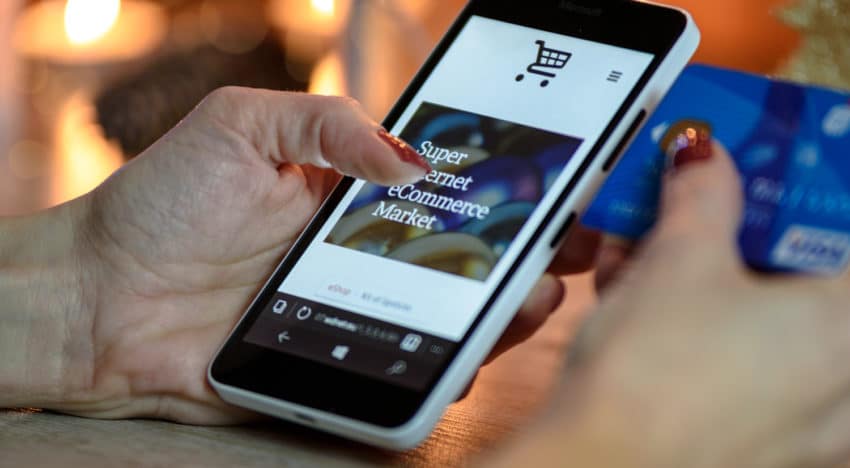
Digitalization hardly stops at any area of life. It is also advancing diligently in the distribution of products and services and has already undergone a major transformation in recent years. Do you offer goods or services for companies (B2B) or private individuals (B2C)? Then this magazine article is perfect for you: We show you what digital sales means and clarify a few basic questions. At the same time, we'll tell you which sales secrets you should be aware of in order to profit from digital sales. Let's go!
The term "digital distribution" first of all stands for marketing and sales that can be traced back to digital distribution channels. Or to put it another way: In digital sales, the Internet acts as the primary sales channel. Products and services are offered online and, optimally, the entire sales process is then handled via the World Wide Web. Typical examples of this are:
Despite all the innovations and advances in technology, however, the following golden rule also applies to digital sales: people buy from people. Accordingly, business is always based on communication - even if this does not necessarily have to take place in person. No matter how digitally a sales process can be designed - you should always keep this rule in mind. Because without communication, nothing can be distributed or sold.
In our innovative, fast-moving and networked world, customers' buying and usage behaviour is constantly changing. The market is in a constant state of flux. This in turn means that classic sales channels and sales structures must be constantly renewed. This is the only way your business can remain successful in the long term. Would you like a small example?
Whereas sales representatives used to go door-to-door to sell their products, today they work with online marketing because potential customers can be reached much more effectively this way. Think about it: where do your customers spend many hours every day? That's right, on the Internet. So your sales department should pick them up there.
To answer succinctly, digital distribution is most suitable for you if any of the following apply:
Remember the good old days: Your customer visited your shop and personally convinced himself of your competence and the quality of your products. He could examine them closely and build up trust in you as a retailer and your goods step by step. Nowadays, things look a little different on the Internet:
The customer does not know for a long time whether what is suggested to him is actually true. He has to rely on pictures, descriptions and reviews of others, but cannot check them himself in the first moment. That's why the following factor plays an extremely important role in digital sales: trust. If you manage to appear serious and build real trust despite the Internet, then you have cracked the most important sales secret.
Large companies and well-known brands usually enjoy an advantage of trust - this is also the case online. Unfortunately, this only applies to very few unknown brands, products and shops. If you are just starting out with digital sales, you should therefore focus on measures that create a basis of trust between you and your potential customers. In order to credibly convey that your offer is trustworthy, these two rules are particularly effective:
The first point is self-evident: If you play by the rules and comply with legal requirements, you create a serious impression and protect yourself from legal difficulties and warnings.
Clarity creates trust. Therefore, when selling digitally, make sure that your online presence conveys security and transparency. For example, only pass on important data in encrypted form and design the payment processes transparently. The effort is worth it, because clarity and transparency are rewarded with trust.
If these two basic requirements are met, you can take additional measures that will generate long-term and sustainable trust. These include, for example, clever Content Marketing Strategies, the use of quality seals and positive customer reviews.

